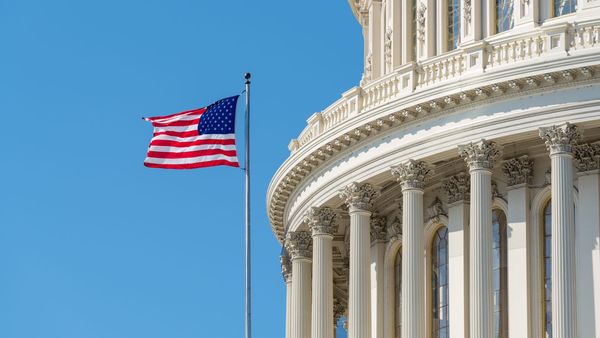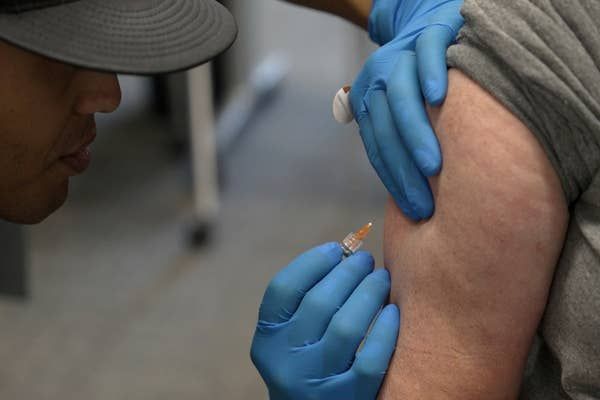Students are finding it easier to study psychology at top American universities such as Stanford than anywhere in Australia, according to the profession's peak body.
The Australian Psychological Society (APS) said a lack of Commonwealth funding meant universities around the country were losing money for the very postgraduate degrees needed to boost the number of practitioners.
APS President Tamara Cavenett said that, as a result, universities were being forced to offer limited spots in their programs, which was compounding the workforce shortage.
"Across the board, mental health has become increasingly in demand, and yet we're not seeing that correspond with the number of university places," she said.
One of the students being turned away is Nita Roschanzamir.
She graduated from her undergraduate psychology degree three years ago, with honours, two scholarship offers and an average mark of 90 per cent.
Since then, Ms Roschanzamir has applied multiple times for several masters' degree programs in New South Wales but to no avail.
"It's just an incredibly frustrating experience," she said.
"In the midst of a mental health crisis in Australia, it would make sense to admit as many people as possible into the program."
She is now looking at schools overseas, rather than face the prospect of being rejected for another year.
"It's actually easier to get into Stanford than it is to get into Western Sydney University," she said.
Funding for psychology degrees on par with English literature, APS says
In Australia, you cannot become a registered psychologist without a masters' degree. However, after completing their undergraduate studies, students such as Nita are currently forced to compete for a handful of places in those postgraduate programs.
Funding for those programs is split between Commonwealth subsidies and student tuition fees but, Ms Cavenett said, that did not come close to covering the costs of the courses.
Like medicine, psychology masters' degrees are expensive to run, with low student-to-staff ratios, as well as high supervision and placement costs.
However, postgraduate psychology training is currently funded at a lower band, compared to other health professions, with the Commonwealth chipping in just over $13,000 per student, compared to more than $27,000 for degrees such as vet science and agriculture.
"For psychology, they've budgeted on par with English literature," Ms Cavenett said.
"So that's despite the fact that we have incredible supervision costs, expensive testing costs, placement costs, you know, all these different things that make a course like psychology, especially at that advanced training level, harder to do and more expensive to produce."
With just days until the federal election, psychologists are calling on the major parties to increase funding for the courses, to help address the shortfall.
The workforce shortage is so acute that one in three psychologists have had to close their books to new patients, compared to one in 100 before the pandemic.
"A quarter of our workforce is 55 or over, which means that we are going to start to see people retiring, without having a replacement workforce," Ms Cavenett said.
"I guess my biggest fear is whether or not my children are going to have access to the kind of health care that they could have, if we were supporting universities to produce these students, and tagging places and using the same strategies that work in medicine."
In a statement, a spokesperson for the Federal Labor campaign said it had announced additional university places targeted at areas of skills shortage, including within the health sector.
While a Coalition campaign spokesman said it had invested almost $20 billion dollars in higher education this year, after providing for up to 30,000 more university places last year.







